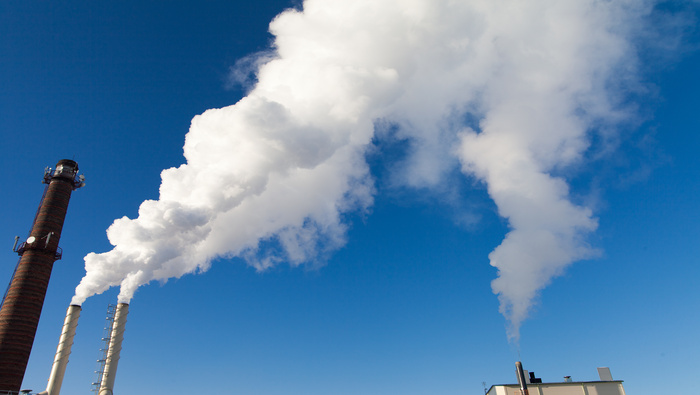In common with many developed countries, Japan has ambitious targets to cut emissions, and is aiming for carbon neutrality by 2050. To meet these goals, Japan’s will have to overcome some big challenges due to its geography, industrial structure and low domestic supply of raw materials.
Decarbonising power generation is at the centre of cutting emissions for any economy. Decarbonising the power sector will be particularly costly in Japan. CRU’s research shows that the Levelised Cost of Electricity from renewable energy in Japan is significantly higher than other major economies, with this gap expected to rise (Figure 1). Renewables generally require higher levels of capex than fossil-fuel based power systems, and Japan’s geography – it is a crowded, mountainous island state prone to seismic events and tsunamis – means the investment required is particularly high. The Japanese government plans to rely heavily on offshore wind, a relatively costly form of power, particularly as Japan’s lacks an extensive, shallow continental shelf.

More costly renewable power will have knock-on effects on Japan’s ability to decarbonise other sectors of the economy. Japan is the third largest steelmaker in the world. Three-quarters of its steel is produced using blast furnace/basic oxygen furnace technology, which is relatively carbon-intensive, and steel accounts for 10% of Japan’s total emissions. ‘Deep’ decarbonisation of the steel sector will ultimately require a shift to new technologies, most likely with ‘green’ hydrogen – produced using renewable power – instead of metallurgical coal. More expensive renewable energy will make that transition more costly. Decarbonisation of transport is another challenge; EV adoption rates in Japan are lagging behind China and Western Europe.
These challenges can be overcome, but will require the right policies. Ultimately, it is likely the Japanese economy will have to go through far more significant changes than other developed economies in its transition to a low carbon future.
CRU offers sustainability intelligence via insight and analysis delivered through our Sustainability and Emissions Service.
The Earth is warming at an alarming rate and impacts of climate change have been observed and felt across the globe. Decarbonisation is crucial to lower greenhouse gas emissions and to the mitigate effects of climate change. This webinar will consider what moves are being made and the price incentives required to introduce new technologies and the impact of CO2 trading schemes.
Explore this topic with CRU



